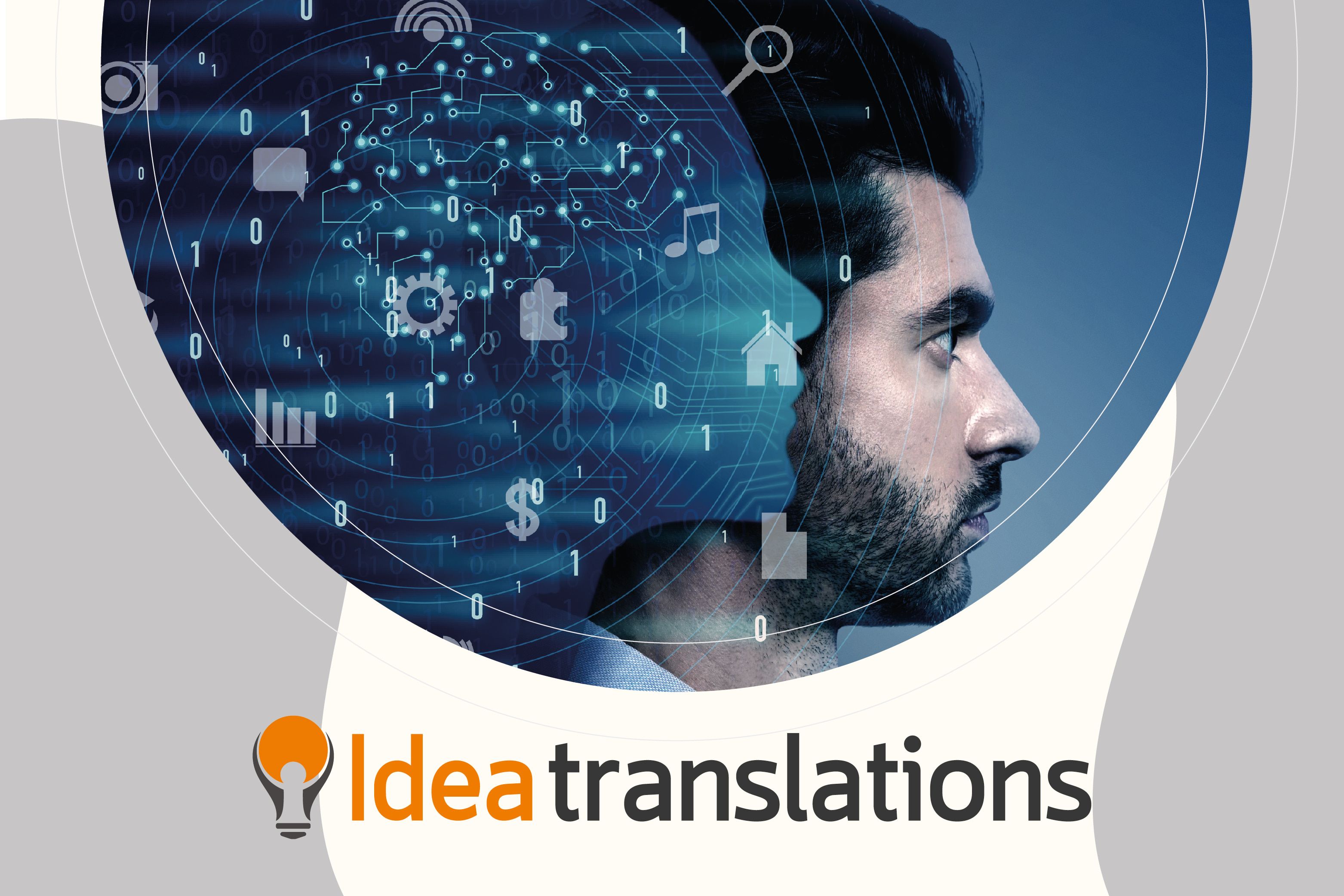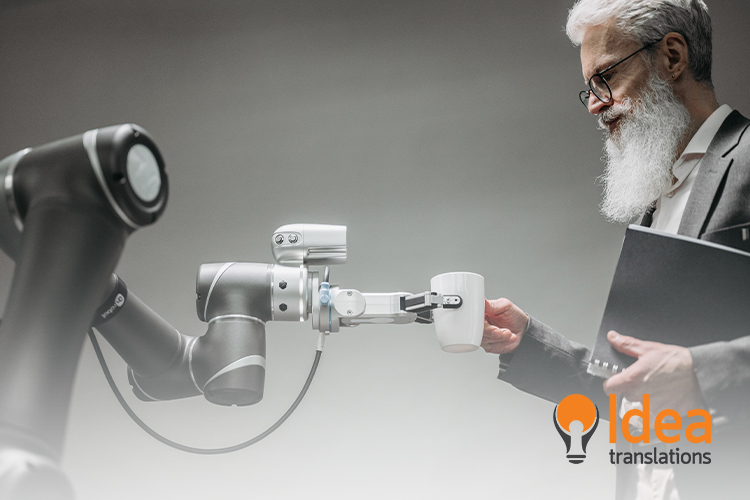Tips and Strategies for Companies In an increasingly globalized world, effective communication across languages isn’t just an advantage—it’s a necessity. For businesses, this means unlocking the potential of global markets and strengthening connections with international partners. But what does translation really involve, and how can it become a strategic asset for your business? In this […]
- 8719 Evangel Drive, Springfield, Virginia 22153, US
- info@ideatranslations.com
- +1 (877)-409-8460






